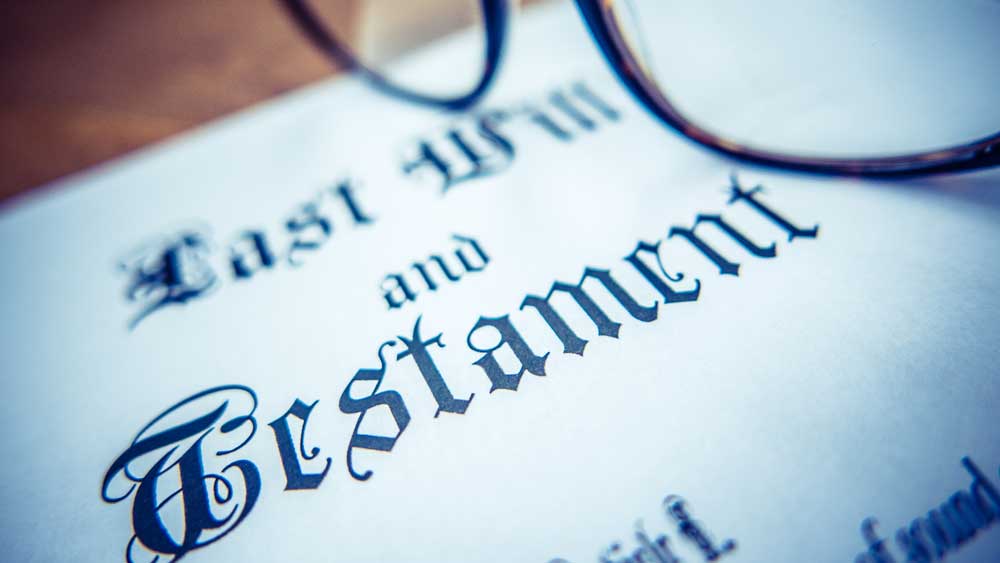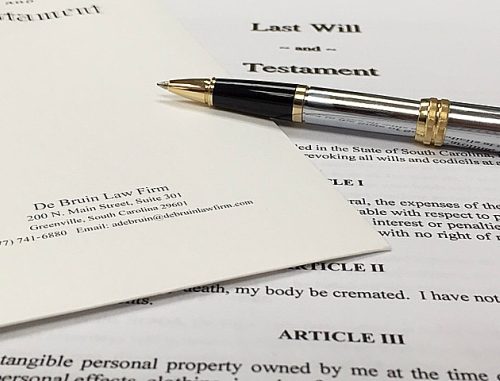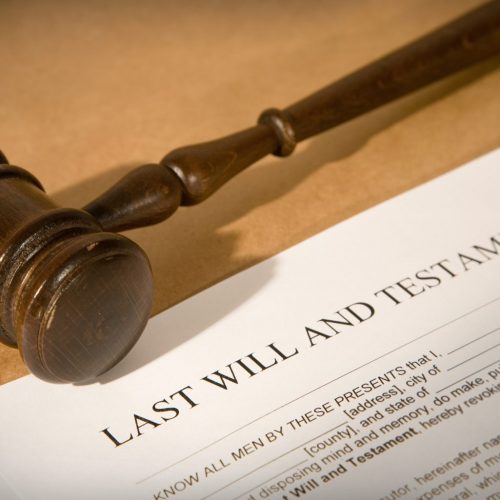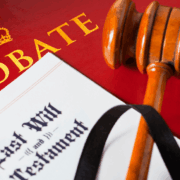Advantages of Avoiding Probate
There are several important advantages that come from avoiding the probate process. First, time. If you are the owner of a small business that you intend to pass along to a family member, this can be especially important. Probate puts everything in a state of limbo, sometimes leading to long delays before important business decisions can be made. Uncertainty and a lack of legal authority can make it difficult, if not impossible, to keep a business running, which is why many business owners take steps to ensure their business passes outside the probate system.
Another advantage to avoiding probate is saving money. Probate is a court process and court costs needs to be paid. Usually the amount of money is relatively small, but complicated cases can become quite costly, especially if experts or other third parties become involved.
A final advantage of avoiding probate is the lack of public disclosure. The probate process takes place in the court system and, as such, is open to the public. That means that the person’s will, the final property allocation, and anything else related to the administration of the estate will become matters of public record, available for anyone to read. These deeply personal and financial matters are obviously sensitive and many people would prefer to keep things private.
What is Probate?
Probate is technically the legal mechanism by which title to property of a recently deceased person is transferred to his or her heirs. The goal of probate is to ensure that every possible claim against the estate and those owing to the estate has been settled and that title has been given to the rightful heirs. This can be a lengthy process in some especially complicated cases, and the goal is to ensure that when all’s said and done, an estate can be wrapped up without lingering disputes.
Does everything go through probate?
The short answer is no, not everything a person owns goes through probate. These assets pass through other avenues, such as payable-on-death accounts or beneficiary designations. Examples of assets that do not pass through the probate system include property that has been transferred into a trust, life insurance proceeds, retirement funds, money in payable-on-death bank accounts, and property that is owned with someone else as a joint tenant.













Leave a Reply
Want to join the discussion?Feel free to contribute!